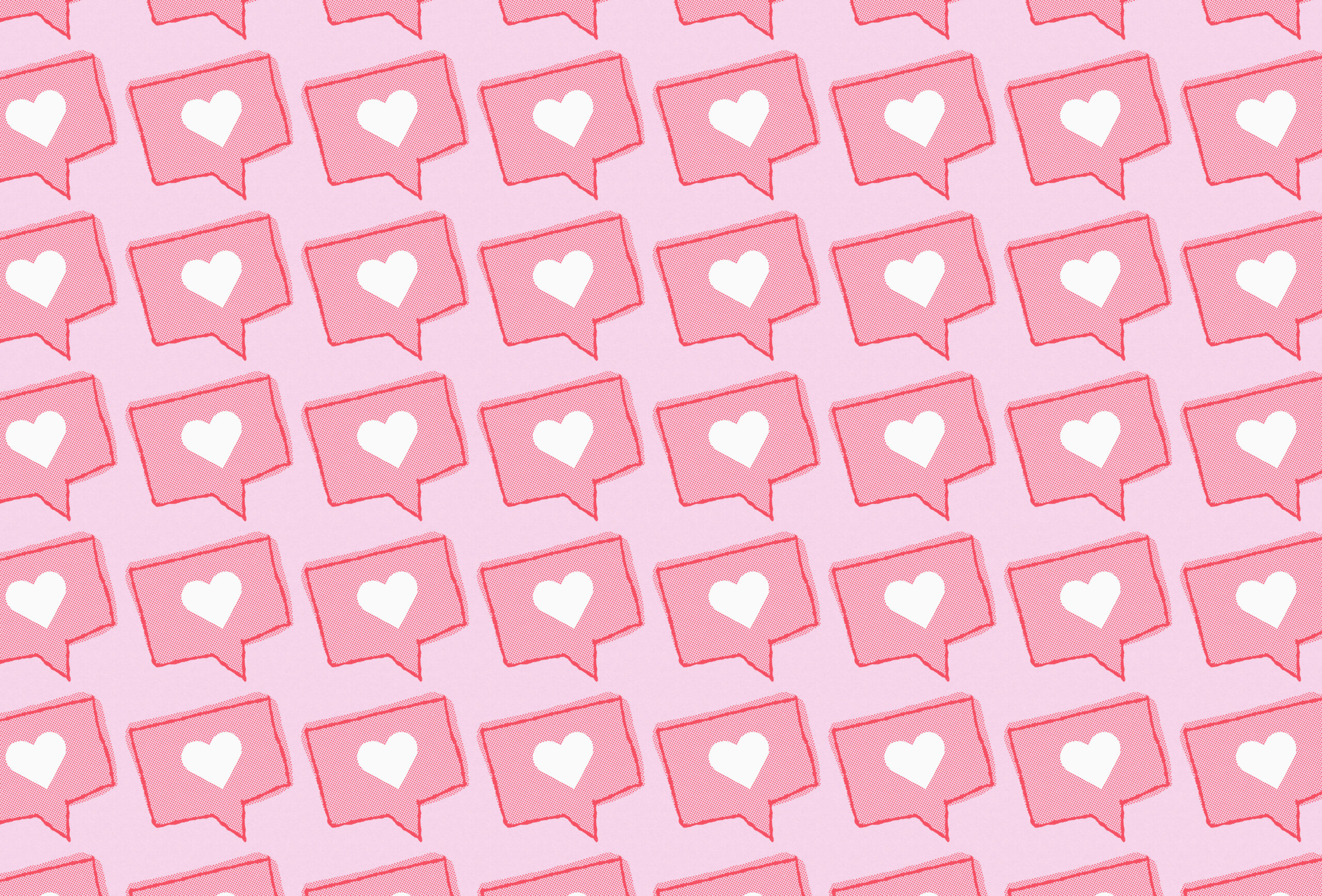
Social media found its footing somewhere between the eras of Hit Clips and Apple Music. Subsequently, the phenomenon erased the line between the consumer and the consumed. We’re able to watch people become increasingly more well known in stages—the casual photos with established celebrities, better quality weaves, a blue check mark. Sometimes it’s a mysterious, rapid transition brought on by a viral moment navigated wisely. Other times, it’s a more slow burn after years of calculated selfies and digital labor.
As the new era emerged, the constant exposure, online cliques, and “clout chasing” made some Black girls unhappy with their own lives and work, even if only momentarily.
You know how it goes. Your post gets 20 likes, but it gets 200 if you repost the same content with a major co-sign. It has to do with people’s desire to be in proximity of success. In this case, that thumbs up from a star is success.
“[O]nce I started actively putting out and promoting my music on social media, I started to see how people would only support me…once they saw that someone else who was more well known…supported me,” said rap artist Lovey The Don. “It made me very self conscious and had me questioning my worth as an artist and overall person…I’m finally getting to the place now where it doesn’t bother me as much.”
Mental and emotional health erosion aren’t the only pitfalls of social media and its rules, though; our bodies—and how we view them—are under attack, too.
Entrepreneur Rita Bunatal shared her experiences with online abuse that stemmed from how she looked. “I was the weird, fat, black girl that liked punk music… [I] was able to [carve out] that space for myself via my social media,” she wrote. “But of course, there were incidents where people would make fun of me online and bring it to real life…While it broke the hell out of me, [years later], I feel as though I ended up using my pain to…start not giving AF.” Bunatal shared that she is now more confident than ever. “I used to be so afraid to post full body shots, and now I could care less about negative comments.”
In addition to cyberbullying because of our bodies, we also have to deal with white and racially ambiguous women who present themselves as Black online as if it were a removable aesthetic. Before bed, they take off their lashes, their gold hoops, and their Black.
Earlier this year, Wanna Thompson and Deja created a viral thread after they discovered that influencers were pretending to be Black to bolster their brand—and Black girls unapologetically explained how they felt about the blatant disrespect. Why? Because we don’t peel off our Blackness at night. We only alter our accent and slang to code switch for jobs that don’t deserve us, not for digital acclaim.
“Everyone steals from us and won’t give credit where it’s due, then when we say something, we are deemed as sensitive or extra,” Deja said. This behavior teeters on gas lighting.
Social media is performance art. Not the intentional kind, though. It’s a more slick simulation because some don’t realize that it’s a game. (Well, a game that can lead to serious cash.) “What you see is what you get” simply doesn’t apply to social media. A profile is usually a highlight reel; struggles are barely mentioned, if at all. Accomplishments, cross country moves, selfies, and censored ruminations are typically the most we’re allowed to see.
This curated existence-experience sharing can breed natural feelings of jealousy and insecurity. If we try, we can be the dose of of realism the web is missing.
Image via Getty.